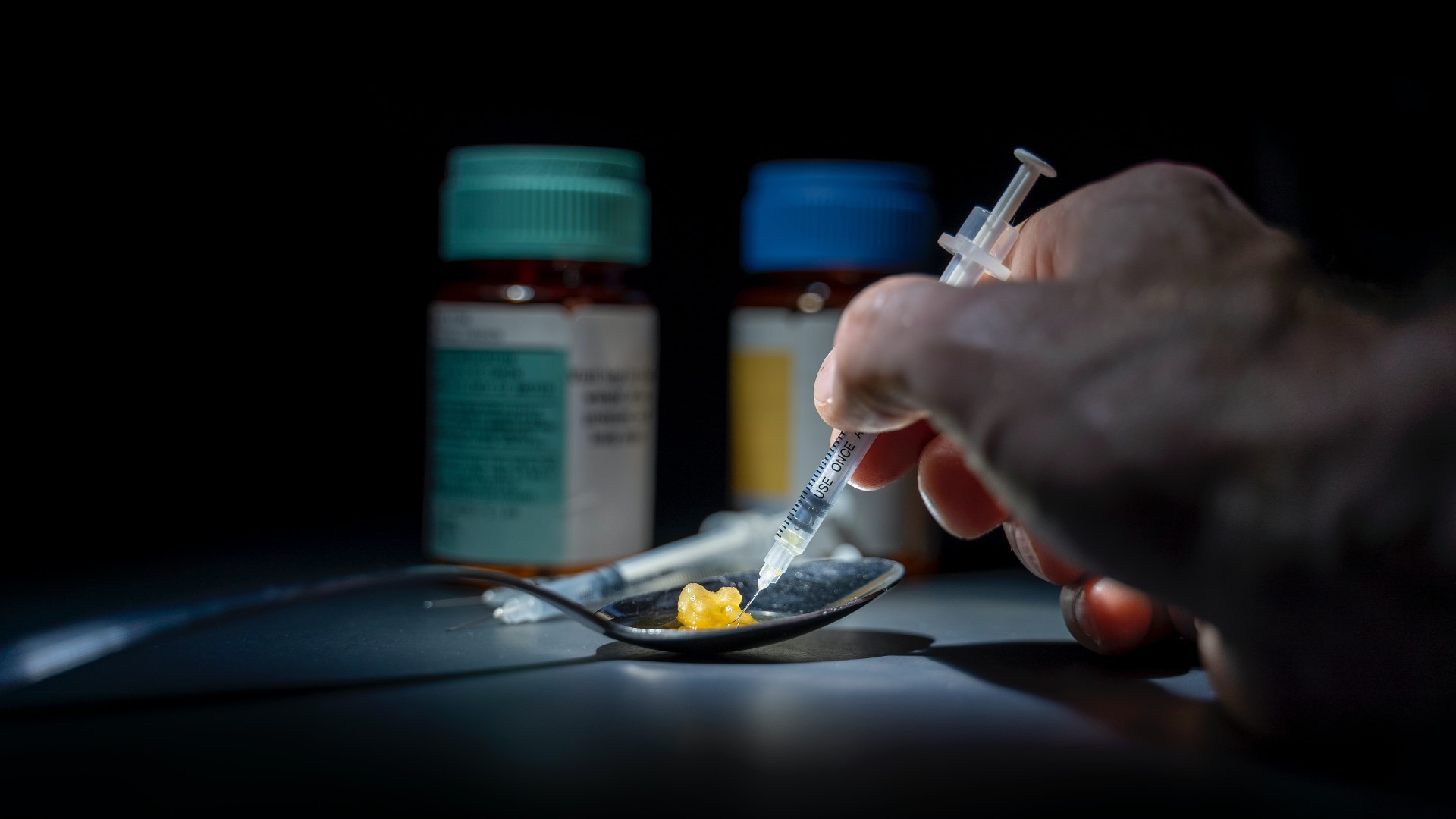HARRISBURG, Pa. — The Pa. Office of Attorney General's Senior Advisor David Wade and Pennsylvania's independent mediator for the global opioid settlement deal, along with the three opioid distributors, will outline the latest as negotiations continue with local municipalities and county governments today.
This deal could allow Pennsylvania to receive $1 billion, with more than $232 million going to local and state governments as early as next year. This money would be used to help combat the opioid epidemic that steals the lives of 14 Pennsylvanians per day.
In July, Attorney General Josh Shapiro announced that his office reached a $26 billion settlement with three of the nation's leading pharmaceutical distributors to address the opioid crisis.
The opioid crisis has hit the Keystone State hard with more than 5,100 overdose deaths occurring each day in 2020— a 16% increase from 2019, according to the CDC.
According to the Attorney General's Office, the settlement would provide significant industry changes to the drug companies involved in the plan to help stop the crisis from continuing.
The four companies include Johnson & Johnson, AmerisourceBergen, Cardinal Health, and McKesson.
Listed below is a breakdown, provided by the Attorney General's Office, of what each company would follow:
Funding Overview
- The three distributors collectively will pay up to $21 billion over 18 years.
- Johnson & Johnson will pay up to $5 billion over nine years with up to $3.7 billion paid during the first three years.
- The total funding distributed will be determined by the overall degree of participation by both litigating and non-litigating state and local governments.
- The substantial majority of the money is to be spent on opioid treatment and prevention.
- Each state’s share of the funds was determined by agreement among the states using a formula that takes into account the impact of the crisis on the state, including the number of overdose deaths, the number of residents with substance use disorder, the quantity of opioids delivered, and the population of the state.
Injunctive Relief Overview
The 10-year agreement will result in court orders requiring Cardinal, McKesson, and AmerisourceBergen to:
- Establish a centralized independent clearinghouse to provide all three distributors and state regulators with aggregated data and analytics about where drugs are going and how often, eliminating blind spots in the current systems used by distributors.
- Use data-driven systems to detect suspicious opioid orders from customer pharmacies.
- Terminate customer pharmacies’ ability to receive shipments, and report those companies to state regulators, when they show certain signs of diversion.
- Prohibit shipping of and report suspicious opioid orders.
- Prohibit sales staff from influencing decisions related to identifying suspicious opioid orders.
- Require senior corporate officials to engage in regular oversight of anti-diversion efforts.
The 10-year agreement will result in court orders requiring Johnson & Johnson to:
- Stop selling opioids.
- Not fund or provide grants to third parties for promoting opioids.
- Not lobby on activities related to opioids.
- Share clinical trial data under the Yale University Open Data Access Project.
Attorney General Josh Shapiro shared his optimism about the plan in July, when his office announced the settlement.
“No amount of money, no number of sanctions, will be able to right these wrongs," he said. "But this settlement puts in place controls that will go a long way to make sure that this never happens again, and the money that will come to Pennsylvania will help offer and expand life-saving treatment options across our Commonwealth."
The office has said the plan would resolve the nearly 4,000 lawsuits that have been filed in both federal and state courts.
The hearing is set to begin at 9 a.m.

